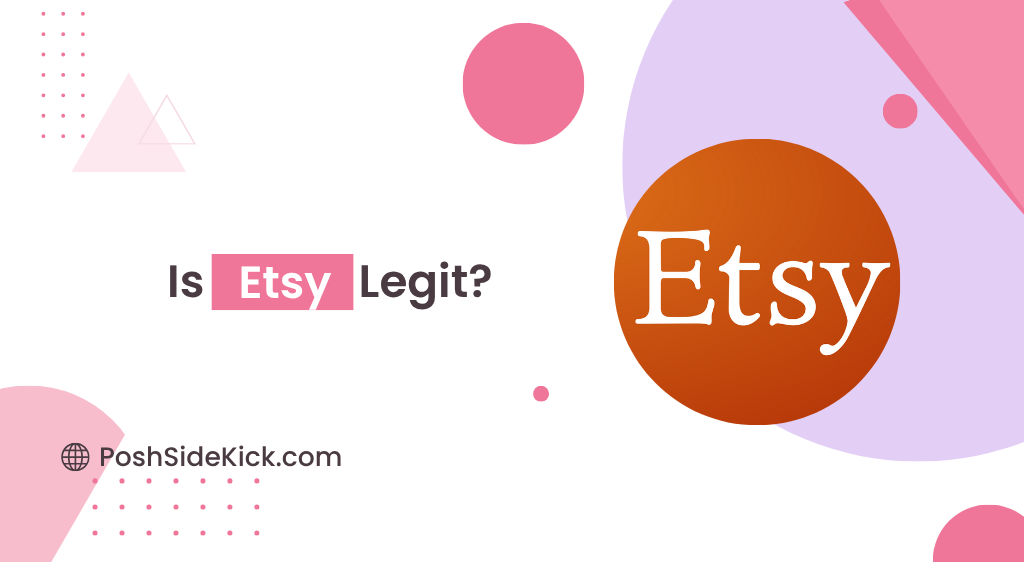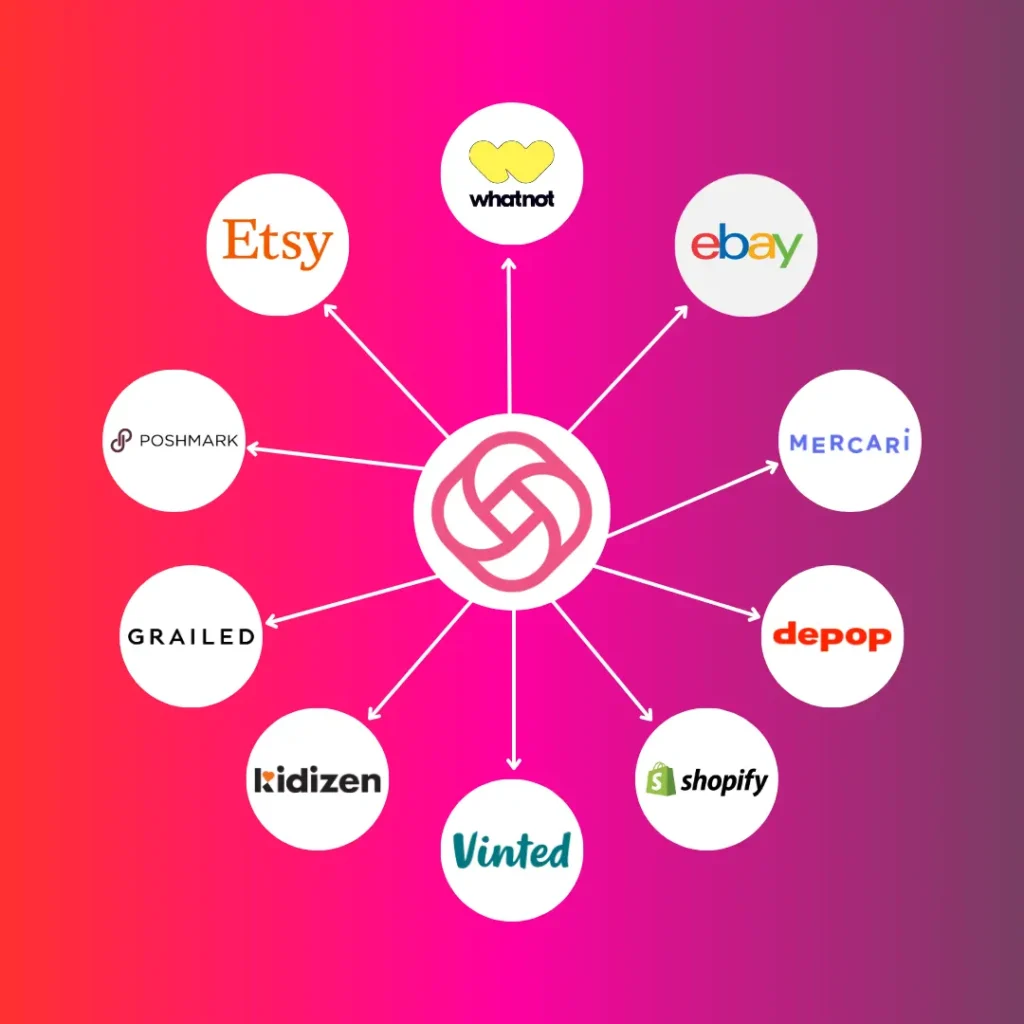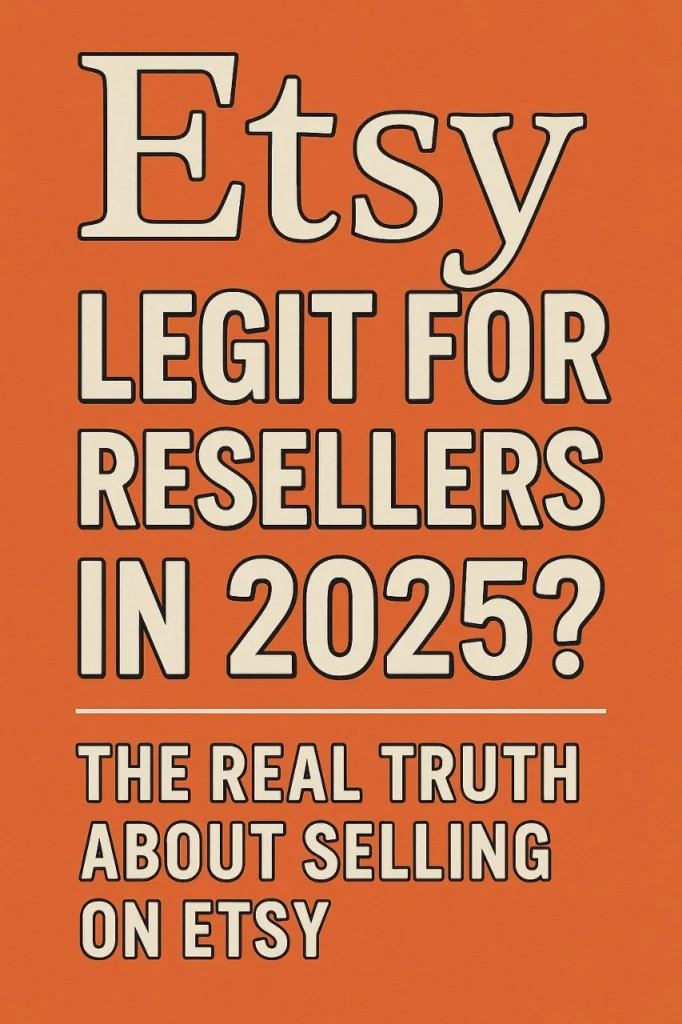
Thinking about buying or selling on Etsy but wondering, “Is Etsy legit?” You’re not the only one. With so many sellers, shops, and handmade goods out there, it’s easy to feel unsure, especially if you’re new to the platform.
The good news, though? Etsy’s been around for a while, and it has solid systems in place to keep both buyers and sellers safe. But like any online marketplace, there are a few things you should know before diving in. Let’s break it all down.
Is Etsy Legit for Starting or Scaling a Reselling Business?
Yes, Etsy is 100% legit and reseller-friendly, as long as you follow the platform’s guidelines. It’s been around since 2005, is publicly traded, and protects sellers and buyers with secure systems. Thousands of resellers, including those who crosslist from platforms like Poshmark, eBay, and Depop, use Etsy to diversify their revenue streams.
But like any large marketplace, success depends on how well you understand its rules, fees, and audience expectations.
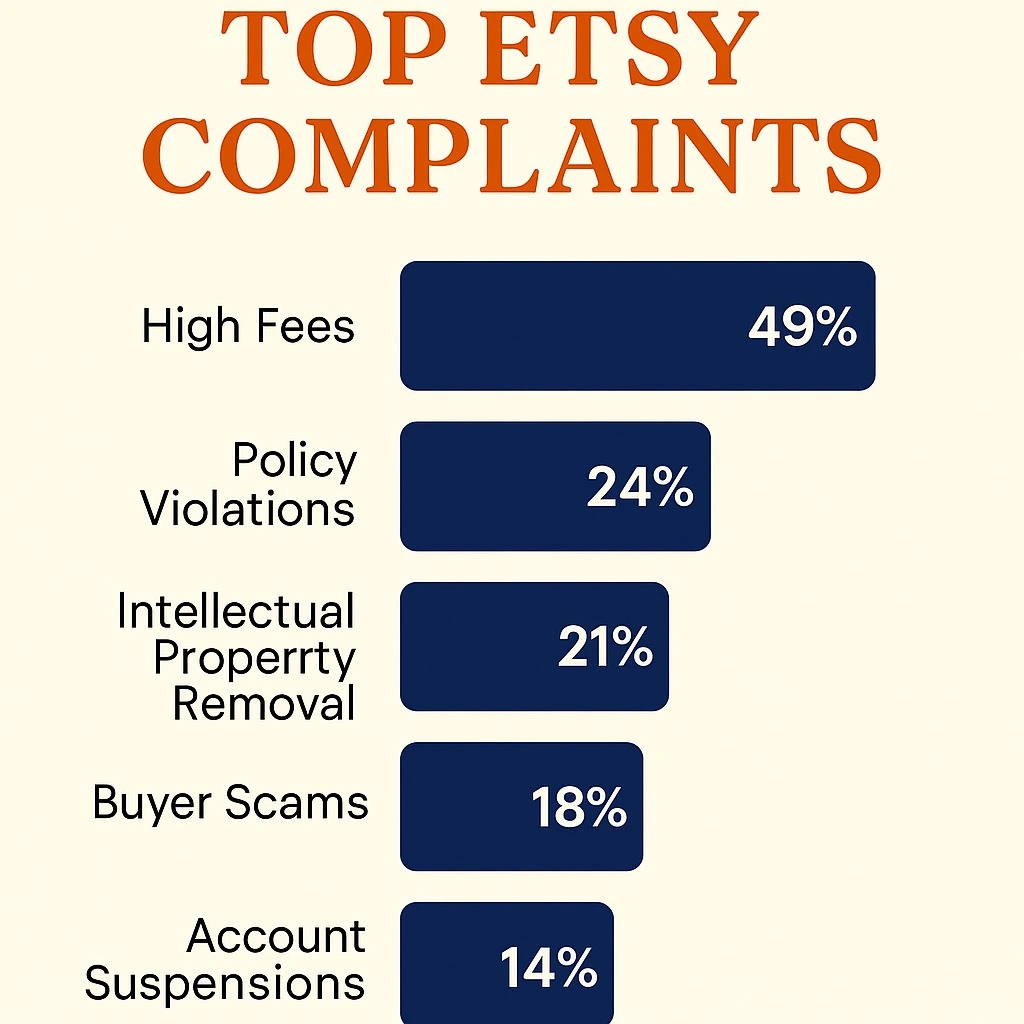
How Etsy Protects Sellers (And Why It’s Trusted)
Etsy has built a strong infrastructure for seller protection, including:
-
Seller Protection Program: Etsy covers sellers in case of buyer fraud, unreasonable disputes, or chargebacks, as long as you ship with tracking and follow policies.
-
Secure Payments: All transactions are processed through Etsy Payments, which integrates methods such as PayPal, Apple Pay, and credit cards with bank-level encryption.
-
Customizable Shopfront: You can build your own branded storefront, policies, and product categories—ideal for resellers trying to create a distinct look.
-
Dispute Resolution: Etsy mediates in the event of buyer disputes or refund claims, with many cases resolved in favor of sellers who follow the rules.
Is Etsy Right for Resellers? Here’s What You Can Sell
Is Etsy Legit for resellers? That’s an important question. Well, Etsy doesn’t just allow handmade items, it also allows:
-
Vintage products (20+ years old)
-
Digital goods (eBooks, templates, printables)
-
Craft supplies
-
Custom or print-on-demand products
-
Retail arbitrage and mass-produced items that aren’t personalized are not allowed.
This makes Etsy a great fit for:
-
Poshmark sellers with vintage or retro finds
-
Digital product sellers (planners, spreadsheets, art)
-
Niche resellers building a brand around custom merch or collectibles
Want to save time? Use Posh Sidekick’s crosslisting feature to list your Etsy inventory on multiple platforms in minutes.
Common Concerns Resellers Have About Etsy
Let’s address a few myths and truths:
| Concern | Truth |
|---|---|
| “Can I get banned for reselling?” | Only if you violate Etsy’s handmade, vintage, or digital goods policies. Most resellers are safe. |
| “Will Etsy steal my money?” | No, Etsy has a reliable payout system. Delays only happen if banking details are incorrect or the policy is violated. |
| “Are buyers on Etsy picky?” | Etsy buyers expect clear photos and good service, but they’re also loyal and pay more for quality. |
How to Avoid Etsy Scams as a Seller
While Etsy itself is legit, scam buyers and competitors exist on every platform. Here’s how to protect yourself:
-
Never message or transact outside Etsy
-
Always use tracking numbers for shipping
-
Don’t upload trademarked items or logos without a license
-
Avoid overusing automation or AI-generated content because Etsy flags it.
Pro Tip: Build a FAQ and policy page to reduce refund requests and buyer misunderstandings.
Why Smart Resellers Use Etsy in 2025
If you’re already selling on platforms like Poshmark, eBay, or Mercari, Etsy helps you diversify, brand, and scale. Here’s what makes Etsy uniquely valuable:
-
Custom Branding: Create a real “storefront” with a banner, bio, and curated aesthetic
-
Global Audience: Etsy buyers come from US, UK, Australia, Canada & beyond
-
Search Visibility: Etsy listings appear on Google, Pinterest, and Etsy’s internal engine
-
Low Upfront Fees: Just $0.20 to list and no monthly subscription required
-
Digital-Friendly: Great for passive income via digital product resale
How to Tell if an Etsy Shop Is Legit
Here’s a quick checklist to evaluate any Etsy store:
| Check List | What to Look For |
|---|---|
| Product Photos | Clear, original images (not stock or AI) |
| Reviews | A mix of positive and neutral, with detail |
| Description | Thorough, honest, and consistent with the item |
| Shop Age | Older shops (1+ year) are usually more reliable |
| Communication | Quick replies = serious seller |
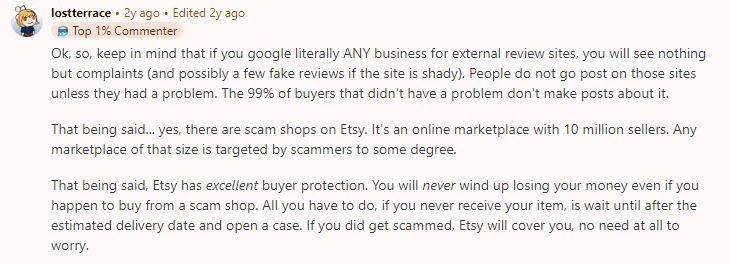
Common Scams or Risks (and How to Avoid Them)
While Etsy itself is legit, bad apples do exist. Here’s what to watch out for as a buyer or seller:
Buyer Scams:
-
Fake order claims (e.g., “never received” when they did)
-
Chargebacks after item delivery
-
Impersonating customer support outside the app
Seller Red Flags:
-
Poor product descriptions
-
Zero or fake-looking reviews
-
Non-responsive sellers
How to Avoid Issues:
-
Always use Etsy’s in-app messaging
-
Never communicate or pay outside of Etsy
-
Read reviews carefully and ask questions if unsure
Final Verdict: Is Etsy Legit and Should Resellers Trust Etsy?
Yes, Etsy is a reliable and powerful platform for resellers who understand its rules and niche audience. It’s especially strong for:
-
Vintage or retro sellers
-
Handmade or customized product creators
-
Digital product resellers
-
Poshmark/eBay sellers who want long-term brand building
Combine Etsy with a crosslisting tool like Posh Sidekick, and you’ve got a multi-platform empire in the making—minus the burnout.
FAQs: Is Etsy Legit and a Trustworthy Platform?
Q: Can I trust sellers on Etsy?
A: Yes, especially those with good reviews, detailed listings, and responsive communication.
Q: Does Etsy protect sellers, too?
A: Yes. Etsy offers tracking integration, dispute resolution, and shop policies that safeguard both sides.
Q: Are all products on Etsy handmade?
A: No, some are vintage (20+ years old) or digital downloads. Be sure to check listing details.
Q: Can I get scammed on Etsy?
A: It’s rare, but possible. Stick to reputable shops, use in-app payments, and always read reviews.




